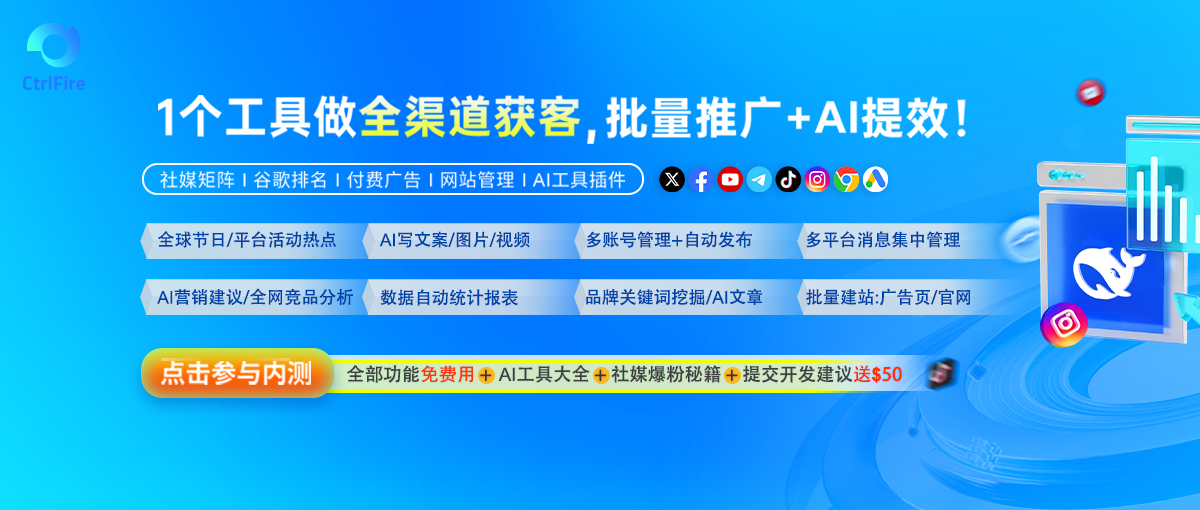社交媒体运营的新帮手
作为一名自由职业者,我经常需要在社交媒体上进行各种操作。无论是管理多个账号还是与粉丝互动,都离不开一个得力的工具。最近我发现了一个非常实用的小技巧——使用Facebook多开浏览器。这个方法不仅让我的工作变得更加高效,还让我有更多时间去享受生活。
你可能会问,为什么需要多开浏览器呢?其实原因很简单。像我这样同时运营几个不同账号的人,如果只用一个浏览器窗口来回切换,不仅麻烦还容易出错。比如有时候忘记登出某个账号,结果发错了内容,那可真是尴尬至极!而有了多开浏览器的帮助,这些问题就迎刃而解了。
如何选择合适的工具
市面上有很多可以实现多开功能的浏览器插件或软件,但并不是每款都适合每个人。经过一番摸索后,我觉得有几个关键点特别重要:
- 安全性:毕竟我们是在处理个人隐私信息,所以一定要确保所选工具不会泄露数据。
- 稳定性:频繁崩溃或者卡顿会严重影响工作效率。
- 易用性:界面友好、操作简便才能真正提高我们的效率。
根据这些标准筛选下来,最终我选择了几款口碑较好的产品试用了一下,果然效果不错。特别是其中一款支持自定义代理设置的功能,对于想要针对特定地区发布内容的朋友来说简直太棒了!
实际应用中的小故事
记得有一次,为了给即将上线的新书造势,我计划通过两个不同的Facebook页面同步推出一系列预告活动。刚开始的时候还挺担心两边节奏不一致会导致混乱,没想到借助于多开浏览器,整个过程异常顺利。不仅可以同时监控两方反馈情况,还能快速调整策略以达到最佳宣传效果。
还有一次更有趣的事发生在去年冬天。那天正好赶上圣诞节促销季,各大品牌都在疯狂打折吸引顾客。我也想趁机为自己的网店做一波推广。于是利用多开浏览器分别登录了三个主要市场的官方账号,在短时间内连续发布了好几条精心准备的信息。结果呢?销售额比平时翻了好几倍!当时心里那个美呀,感觉所有努力都没有白费。
给新手的一些建议
如果你也打算尝试这种方法来提升工作效率的话,这里有几个小贴士分享给大家:
- 先从小范围开始试验,熟悉各个平台规则后再逐步扩大规模。
- 定期检查各账户状态,避免因长时间未登录而导致被封禁的风险。
- 保持内容更新频率一致,不要让粉丝觉得某个账号被冷落了。
总之,合理运用Facebook多开浏览器确实能够大大简化日常管理工作流程。当然啦,除了技术手段之外,更重要的是我们要始终保持一颗热爱学习的心,不断探索新的可能性。只有这样,才能在这个瞬息万变的时代里立于不败之地哦~ 😊
